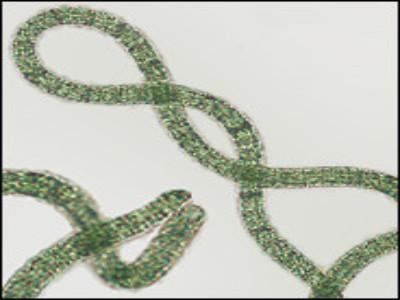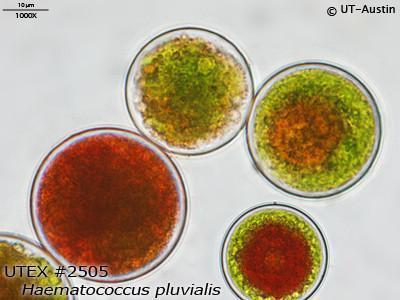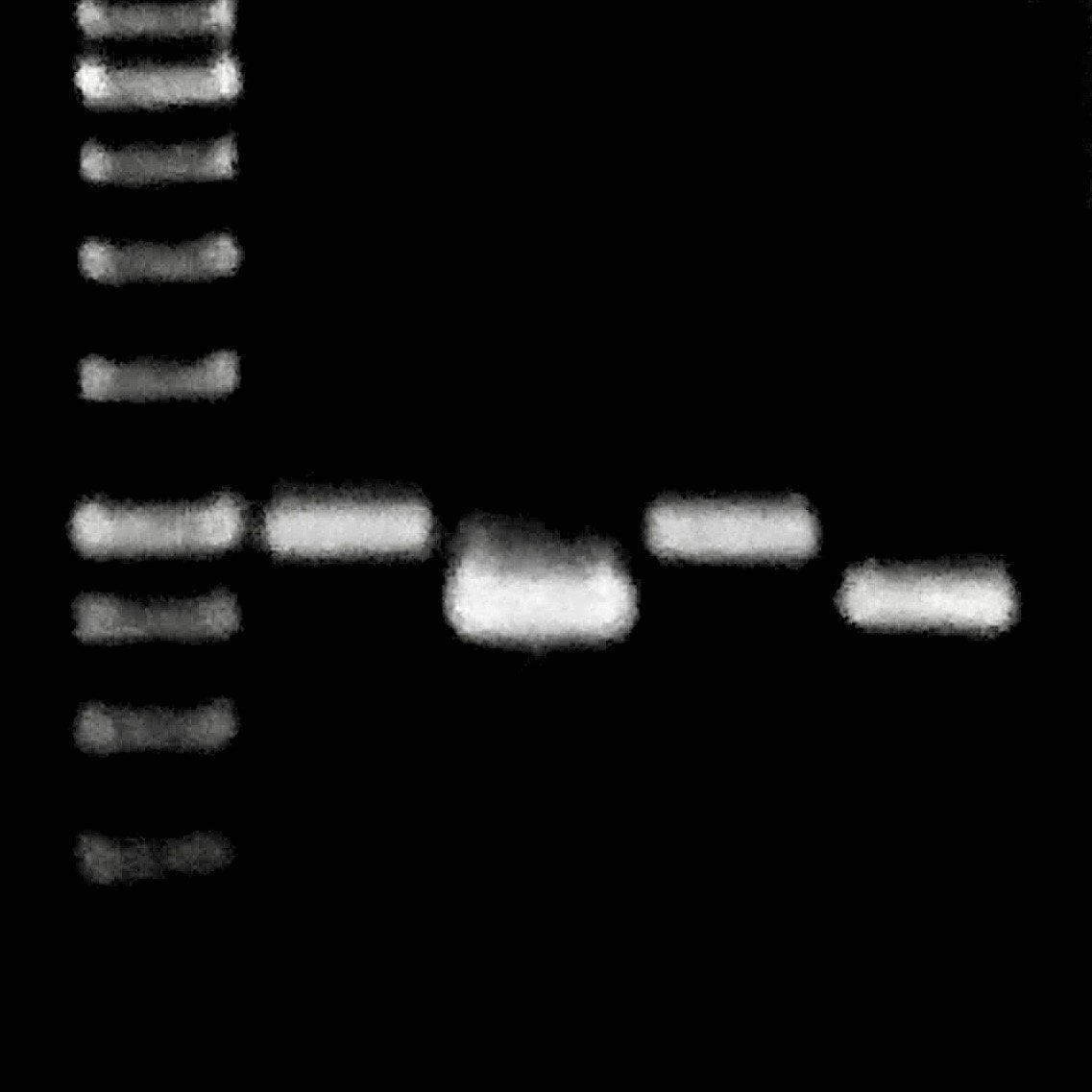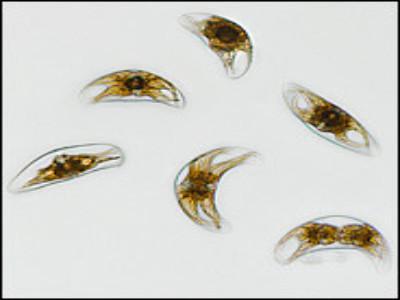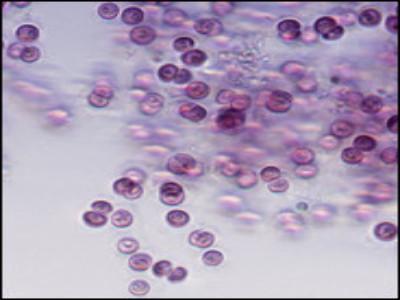About
Spirulina is a photosynthetic alga (actually a kind of bacterium) that grows to very high densities in some tropical lakes. It appears as long, thin threads, spiral in shape, as the name suggests. It is grown commercially as a super food because of its high concentration of nutrients. Beta carotene, a good antioxidant, is ten times more concentrated in Spirulina than in carrots. Spirulina is also rich in other antioxidants and is said to boost energy and health. Spirulina is commonly processed and sold in health-food stores as a powder, flakes, and tablets.
Chlorella is a single-celled freshwater alga that contains a high concentration of chlorophyll and protein. Chlorella is well known for its ability to detoxify heavy metals and pesticides. It is used commercially as a food supplement in Japan, because of its high nutrient value and reported ability to strengthen the immune system.
Porphyra is a red marine alga. A commercial product of Porphyra is called Nori, which is most commonly used as a component of sushi. Nori lacks a cell wall, making it easy to digest. The high concentration of vitamins A and C in Nori are comparable to the vitamin contents of spinach and oranges respectively.
While the contents of these tubes--or material collected in the field--are not edible, commercial products containing the same species would compliment algae in the kit and can be found at a variety of health-food and grocery stores. Cookies and other foods can be made or coated with commercially purchased, food-grade Spirulina.
Kit Includes:
- One (1) 10-mL test tube of Spirulina
- One (1) 10-mL test tube of Chlorella
- One (1) 10-mL test tube of Porphyra
Experiment Suggestions
- How does the nutrient content of the growth medium affect the protein content of the algae?
